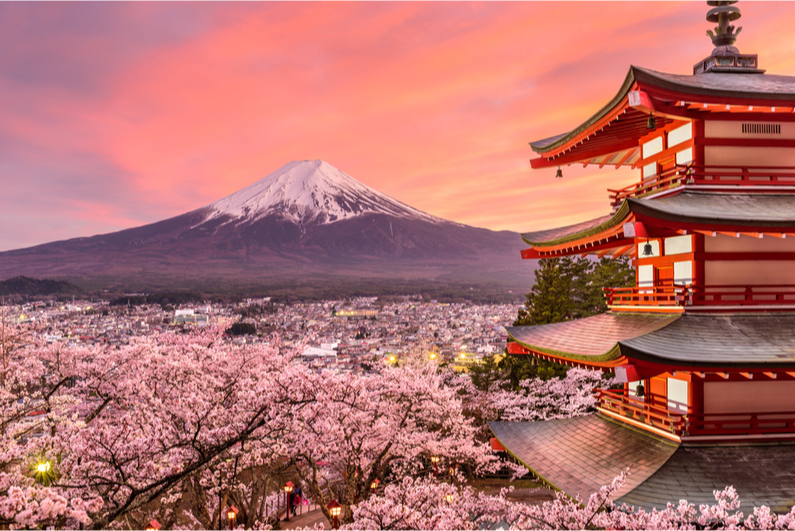Application window delay confirmed
The first day anybody in Japan will be able to set foot in a casino is years away, but it does appear that the government fully intends to see casino gaming sprout and grow into a full-fledged industry. On Friday, the national government said that it will work directly with casino companies throughout the industry-development process, using a special liaison to communicate with those who want to build integrated resorts, or IRs, as they are called in Japan.
pushed back nine months because of disruptions to the government and the casino industry
Also on Friday, the government finalized most of the revised national policy on integrated resorts, initially put forward in an October public draft. Of note is the confirmation that the government will accept IR proposals from October 1, 2021 to April 28, 2022. The original application period was January 4, 2021 to July 30, 2021, but it was pushed back nine months because of disruptions to the government and the casino industry caused by the COVID-19 pandemic.
There are three brick-and-mortar casino licenses available in Japan. The thought was that the country could see casinos open in 2025, but that is very unlikely to happen now. With almost a year’s delay in even starting the proposal process, plus environmental planning and the actual casino construction, the country is now looking at the second half of the decade before anyone can visit a casino.
Pandemic influencing policy
The Japan Tourism Agency said that a major driver for the revised policy was, in fact, the COVID-19 pandemic. Japan’s tourism industry has suffered a sharp blow because of slower and restricted global travel. Additionally, local governments have needed to shift resources toward fighting the virus, leaving less for building a casino industry.
IRs will be required to implement stringent sanitization and cleaning measures
Even though IRs will not be open for several years, virus-related health and safety measures are included in the revised policy draft. One would hope that COVID-19 will be a minimal issue by then, but nevertheless, to make sure any virus, COVID-19 or otherwise, is not spread, IRs will be required to implement stringent sanitization and cleaning measures. Responsible gambling protocols are also in the policy.
Some large gaming companies which were initially prepared to push for one of the three Japan casino licenses have either cooled on the idea or withdrawn altogether. Las Vegas Sands, which has a major presence in Macau, decided in May not to pursue an IR license in Yokohama. Wynn Resorts closed its office in Yokohama and though still interested in Japan, the company has shifted its focus. MGM is aiming for an IR in Osaka, but has said it could always change its mind.
Corruption follows money
Because of how attractive the Japanese casino market is, the IR process has attracted some bad actors. In August, two advisors to Chinese internet gaming company 500.com confessed to bribing Tsukasa Akimoto, once the head of Japan’s Ministry of Land, Infrastructure, Transport, and Tourism. Masahiko Konno and Katsunori Nakazato paid Akimoto a total of ¥10.5m ($101,597) across 2017 and 2018 for favors in the casino proposal competition. The money was used to pay for travel expenses to 500.com’s headquarters in Shenzhen.
Akimoto is suspected of trying to bribe the two men to provide false testimony in order to cover up everyone’s wrongdoing. Law enforcement has found Akimoto’s fingerprints on cash that was given to Konno, as well as e-mails with a co-conspirator.
Konno and Nakazato were recently sentenced to 24 and 22 months in prison, respectively, though the sentences are suspended for three years.




